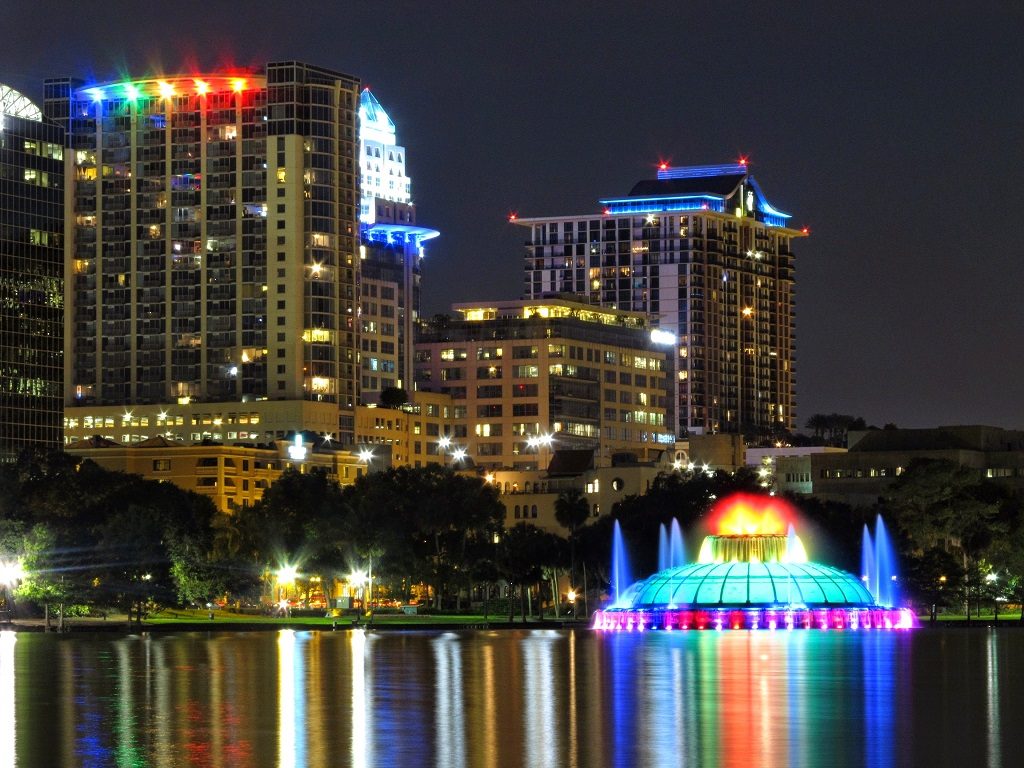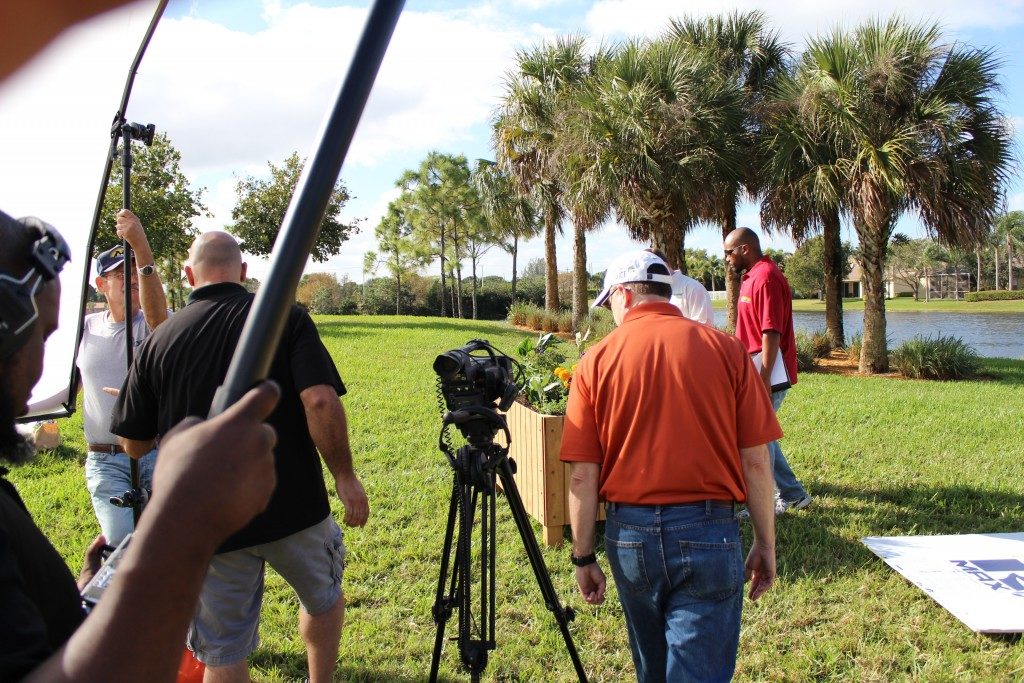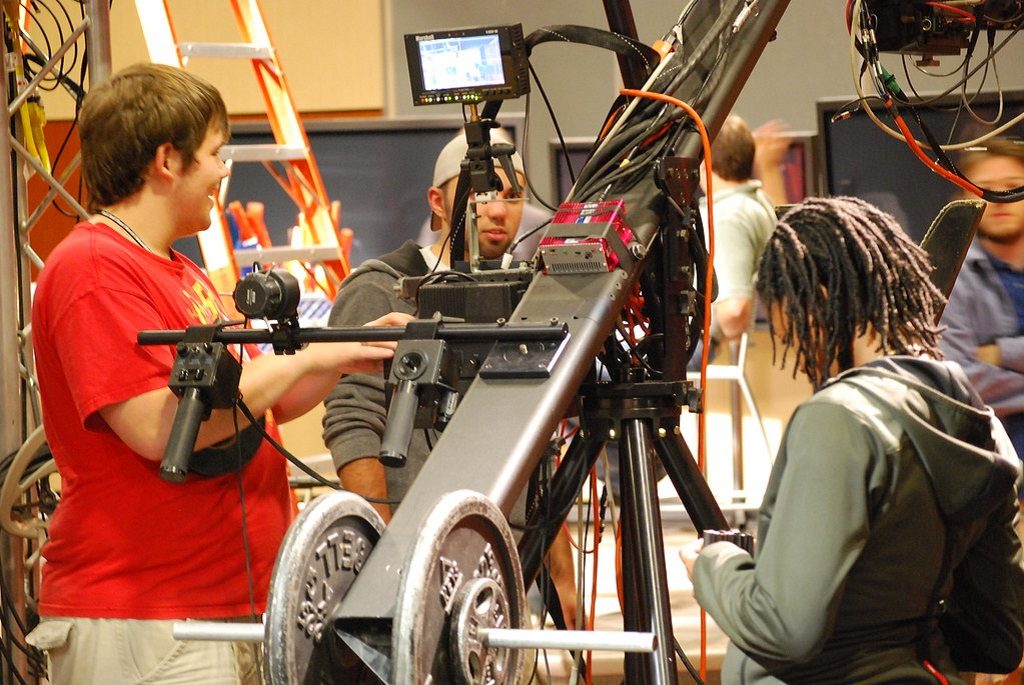Florida Filming Laws & Resources for Traveling Film Crews
Traveling to any state for a film shoot has certain adjustments that will come with the job. Naturally, traveling film crews must be aware of the local regulations. Regarding public film shoots, permitting and other area rules that might be different from what they are accustomed to in their home city or state. Florida filming laws, like many other states, generally surround protection of privacy. For the public, public safety, and individual protections for the locations or location owners in which a film shoot is scheduled to take place.

If you’re scheduled for a commercial film shoot in Florida, learning the local filming laws for the area that you’ll be shooting in is very important to a safe, production & legal trip.
At Beverly Boy Productions we know a thing or two about Florida filming laws. Because we have home offices in the Sunshine State and have more than two decades of filmmaking experience in the South.
As well as throughout many major cities and towns worldwide. If you’re concerned about an upcoming film shoot in Florida, and local regulations that you may or may not be aware of.
Florida Film Permits & Permitting Laws
The state of Florida as a whole does not have a regulation. One that specifies whether or not film permits are necessary for commercial film shoots in public places.
But each city and county has laws surrounding this and other important details regarding commercial film shoots in the area.
Before you visit the Sunshine State for a film shoot? Make sure that you’re prepared to communicate with the local Film Office or county and city government offices about permitting.
Depending on the Situation
Most of the cities in Florida require a film permit if you’re filming in public, for a commercial shoot. A permit is especially necessary in situations that involve equipment beyond the typical camera and handheld gear.
As well as for situations that could result in large crowds. Or interruptions to the area in which you and your film crew are shooting. Need help to determine local permitting requirements in top cities of Florida?
We’ve listed some of the area Film Offices & points of contact for major cities below:
- Orlando Florida Film Commission One-Stop Permitting
- Palm Beach Florida Motion Picture Permits
- Miami Film Permitting
- Jacksonville Florida Film Permits
- Tampa Bay Film Permits
Proper Planning
Before you show up in Florida for a commercial shoot, make sure that you have communicated with the local offices to determine the permitting requirements for that area as well as to apply for a film permit.
Florida Filming Laws on Sales Tax Exemption
Qualified productions in Florida may benefit from the Florida Sales Tax Exemption for film productions. Florida filming laws on sales tax exemption specify that certain eligible productions are exempt from paying sales.
And use tax on the purchase or lease of various items relative to the production activities taking place in Florida.
When a motion picture, made for television motion picture, television series, or commercial advertisement, music video or sound recording is being produced in the Sunshine State.
Qualification
In order to qualify for the local sales tax exemption, those interested must apply for a certificate of exemption from the Florida Department of Revenue.
In doing so, many products including production equipment and tangible personal property. As well as the lease or rental of real property in Florida.
For the purpose of a film shoot for a qualified production will be exempt from the local sales tax. Which averages 7% in the Sunshine State for most items.
Florida Filming Laws & Reasonable Expectation of Privacy

Are you wondering if you can film in Florida without asking permission from those you intend to film? Filmmakers coming to Florida must be aware of two important concepts in regards to privacy and filming people without their permission.
The first is what is called a “reasonable expectation of privacy”. Which essentially means that a filmmaker must not film someone in a private location with which that individual would have a “reasonable expectation of privacy.”
Places where we believe we should expect privacy include areas. Such as a private bedroom, a public restroom, or inside a person’s home.
Reasonable Expectation
In some cases, a reasonable expectation of privacy is easy to define. Such as if someone is in a restroom or a dressing room. It is rather clear that they should not have to worry about being filmed. But what about if they are inside a private dwelling or an office?
The courts of Florida use a two-step process in determining a person’s privacy in regards to whether press or filmmakers might be liable for invasion of privacy.
They are:
- Has some civil wrong been committed which amounts to an invasion of privacy? For instance, has the filmmaker violated known legal principles that are in place to provide protection to the individual?
- If an invasion of privacy has occurred, is the media “privileged” under the First Amendment? If there is some constitutional right, or excuse, that could grant an immunity to the filmmaker for a particular broadcast or production, the rules might be interpreted differently.
Protect Yourself
As a filmmaker, according to the Florida Bar Association, you should do diligence in seeking permission to film. Prior to recording whenever possible so as to protect yourself from any claims against invasion of privacy.
Which might arise out of:
- Intrusion into a person’s seclusion.
- Appropriation of a person’s name or likeness.
- Public disclosures of embarrassing private facts.
- Publicity which places a person in a false light.
Legal Implications
Cases for invasion of privacy can have significant legal implications for the filmmaker and must be avoided.
Florida Two-Party Consent Law

Few Florida filming laws are as straight-forward as the two-party consent law. This particular law states that filmmakers or anyone with interest in filming or recording audio of a conversation.
Whether in public or in private. They must have consent from both parties participating before they may legally do so. This law is very specific! It must not be overlooked or otherwise misinterpreted by a filmmaker.
Permission in Public
If you’re planning a film shoot in Florida, and you’re wondering whether you’ll need permission to film people in public while you’re there. The short answer is you should expect to seek permission from anyone that you film.
Especially if you will record audio! Filmmakers that come to Florida really should prepare to have their release forms with them in advance. It would be best to have some assistance in getting release forms back from anyone that they film.
Right of Publicity
In fact, Florida also recognizes the right of publicity. Which further protects those who are filmed by providing them the right to dictate how commercial footage displays their likeness and public image.
Therefore, without a release that has been signed by the appropriate individuals involved in the production?
As a filmmaker you risk the potential that those you film will request that the footage not be used. Or otherwise be used in a different capacity than what you have used it in.
In Summary
As you can see, Florida filming laws and regulations provide legal protections for those being filmed. But there are also laws in place to support filmmaking in the state including tax incentives and other benefits.


